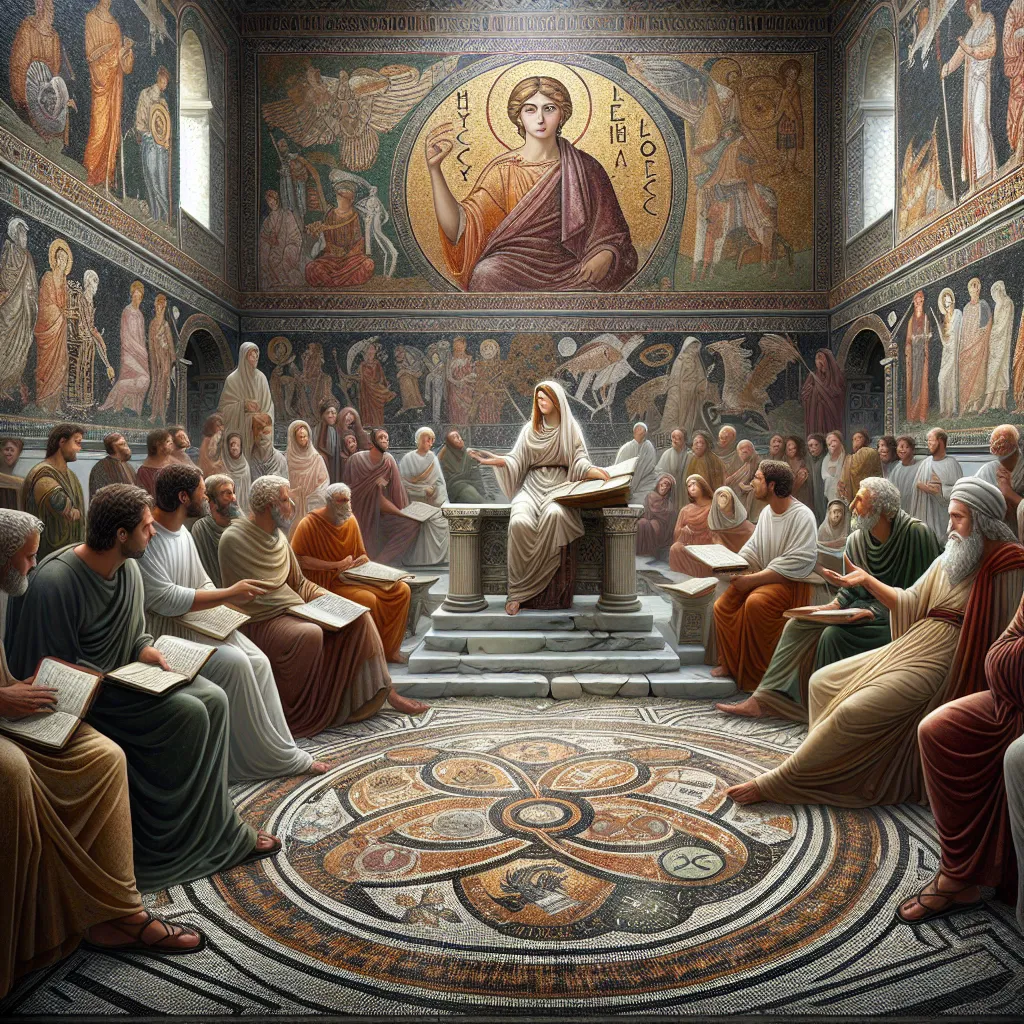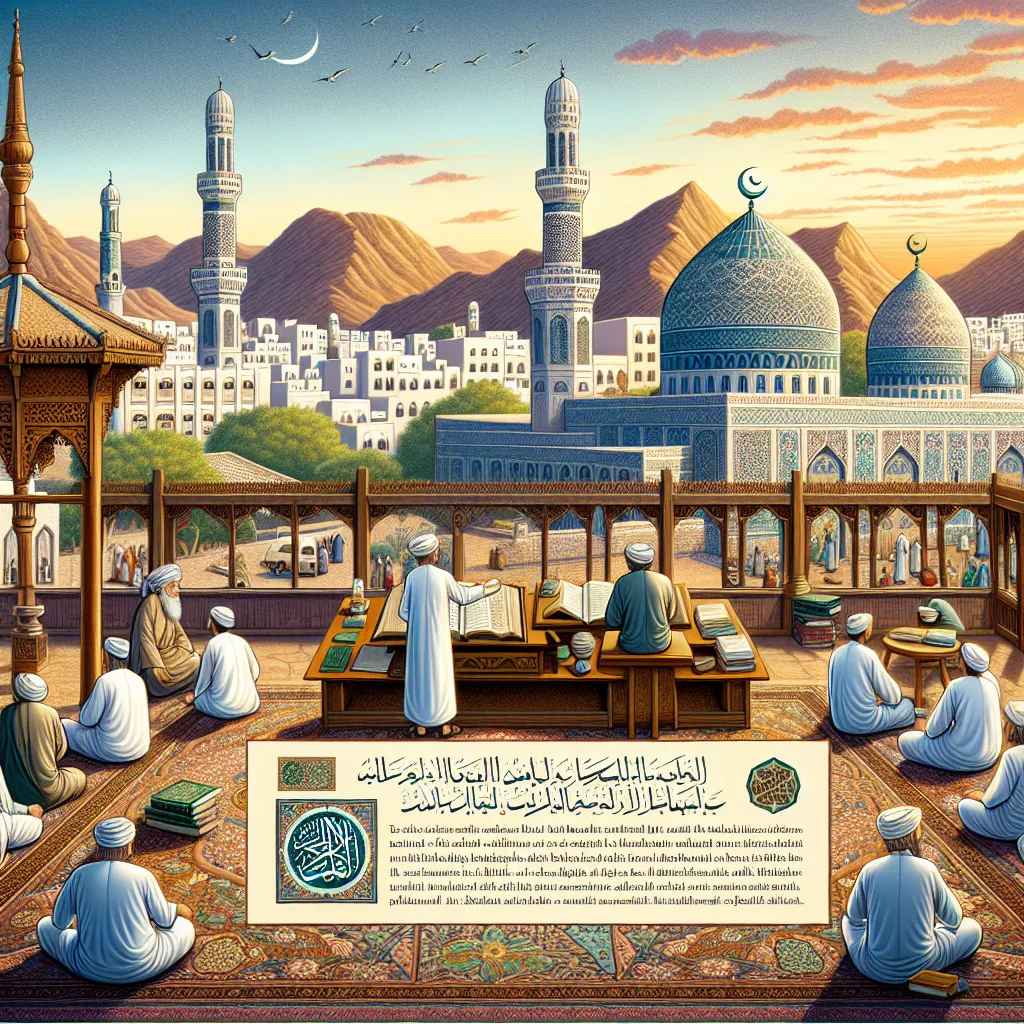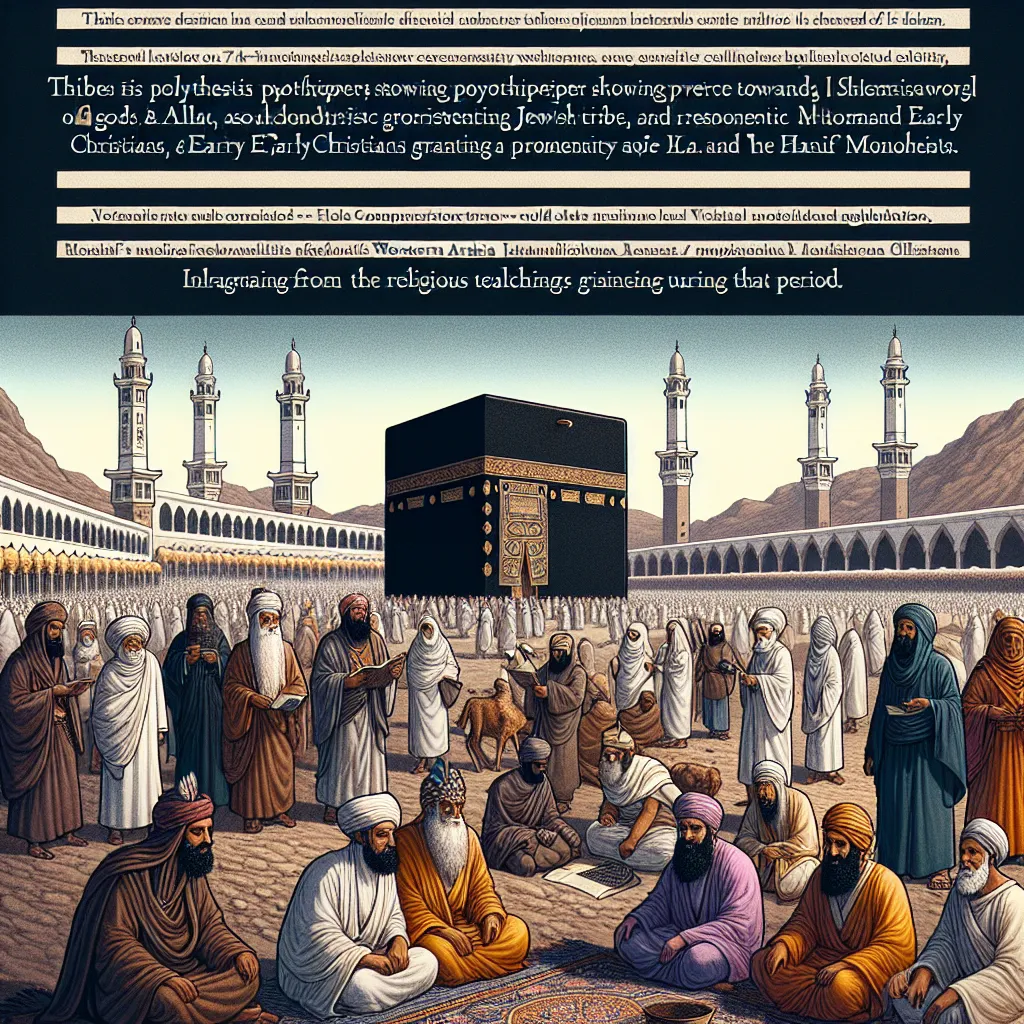The Bhagavad Gita, a cornerstone of Hinduism, delivers deep insights into life, duty, and spiritual growth. Part of the epic Mahabharata, it revolves around a conversation between Prince Arjuna and Krishna, an avatar of Vishnu, right before a massive battle. Arjuna finds himself caught between his duty as a warrior and his moral doubts about fighting his own relatives.
Symbolism runs deep in the Gita. The battlefield of Kurukshetra mirrors our daily internal struggles. Arjuna’s dilemma acts as a metaphor for the tough choices we face between personal desires and bigger life purposes. Krishna’s advice to Arjuna serves as a guide for anyone dealing with moral and ethical challenges.
Krishna’s teachings cover various aspects of Hindu philosophy, especially the concept of dharma, or duty. Dharma isn’t just about societal roles; it’s about living a purposeful and honest life. Krishna tells Arjuna to fulfill his warrior duty not out of personal feelings but to uphold the greater good.
The Gita also explores the self and the universe, discussing three main paths to spiritual enlightenment: Karma Yoga (action), Bhakti Yoga (devotion), and Jnana Yoga (knowledge). These paths aren’t exclusive; they complement each other, allowing people to choose what fits them best.
One thing that makes the Gita stand out is its timeless relevance. Though written ages ago, it tackles universal questions about life’s meaning, reality, and navigating human complexities. It offers practical advice for a balanced, fulfilling life, stressing self-discipline, detachment, and mindfulness.
People around the world, including Mahatma Gandhi, have drawn inspiration from the Gita. It resonates with folks from various cultures and religions, proving its enduring wisdom and universal appeal.
Beyond its spiritual depth, the Gita is also a literary gem. Written in beautiful Sanskrit, it explores human emotions and ethical decision-making intricately. Its structure and poetic dialogue have captivated scholars and readers for centuries, leading to numerous commentaries and interpretations.
Some critics have misunderstood the Gita, arguing it can justify harmful actions under the guise of a higher duty. But this view misses the point. The Gita emphasizes compassion, non-violence, and truth. It’s not a call for blind obedience but an encouragement for deep reflection on one’s actions and their outcomes.
To sum it up, the Bhagavad Gita is a profound text that continues to inspire and guide people worldwide. Its teachings on duty, spiritual growth, and reality offer valuable insights into the human experience. Whether you’re on a spiritual quest or just seeking practical wisdom, the Gita has something meaningful for everyone.






